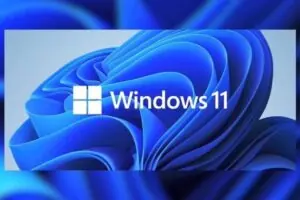The Epic Games Store has been an interesting foray into the banalities of marketing and advertising on all sides; titles that advertised their arrival to Steam to drum up support for their Kickstarter campaigns, such as Shenmue 3, then rescinded the offer when Epic Games offered them a buy-out for platform exclusivity on the PC.
This is a consistent ploy by Epic Games; yoinking titles that are prepared for their Steam release (and have drummed up hype) to lock them into an exclusivity on the Epic Games platform; a platform that many consider being largely inferior to Steam, based on a quantifiable gap in features and consumer-friendly benefits.
This has led into Steam becoming a consistent platform for bait & switching from developers: drum up hype on a popular platform, and then shift over to the Epic Games Store due to a buyout while attempting to funnel Steam traffic into Epic Games traffic.
That this is happening while Epic Games is entering into what will surely be an elongated legal battle with Apple on exclusivity & walled-gardens is irony that is unfortunately lost on almost everyone.
Yet Steam looks like they may well be taking a stand against the ploy that has frustrated everyone except the developer receiving the stipend and Epic Games, as they’ve updated their legal terms for developers to promote and sell their titles on the Steam platform.
On the Steam Partner page, Steam has added a new statement regarding this behavior.
Q: Can I use the Steam community to let customers know of non-Steam versions of my game?
A: In the game you ship via Steam, and in communications on Steam, you may only promote the Steam version and its availability via Steam, and not other distribution outlets. This applies both to full versions of your game and to content patches that change the existing version.
This means the upcoming Marvel’s Avengers will be hard-pressed not to mention their absurd number of exclusive advertisements masquerading as skins and emotes, and other developers may want to think twice before accepting a buy-out from Epic that allegedly harms short-term sales while causing potential consumers to bounce off of the product. Note that this could harm titles that are attempting to be more consumer friendly: Tales of Maj’Eyal offers a free version on their own website, and if users enjoy it they can toss a bone to the developer on Steam.
What is of particular interest for this, however, is how strict Steam will be regarding handing out punishments for titles that break this ruling within the Partner program for the platform.
The size of Steam’s community alone makes it difficult to scrutinize every aspect, resulting in some titles simply going missing from libraries and developers banning users that don’t readily admire their title, and everything in between.





